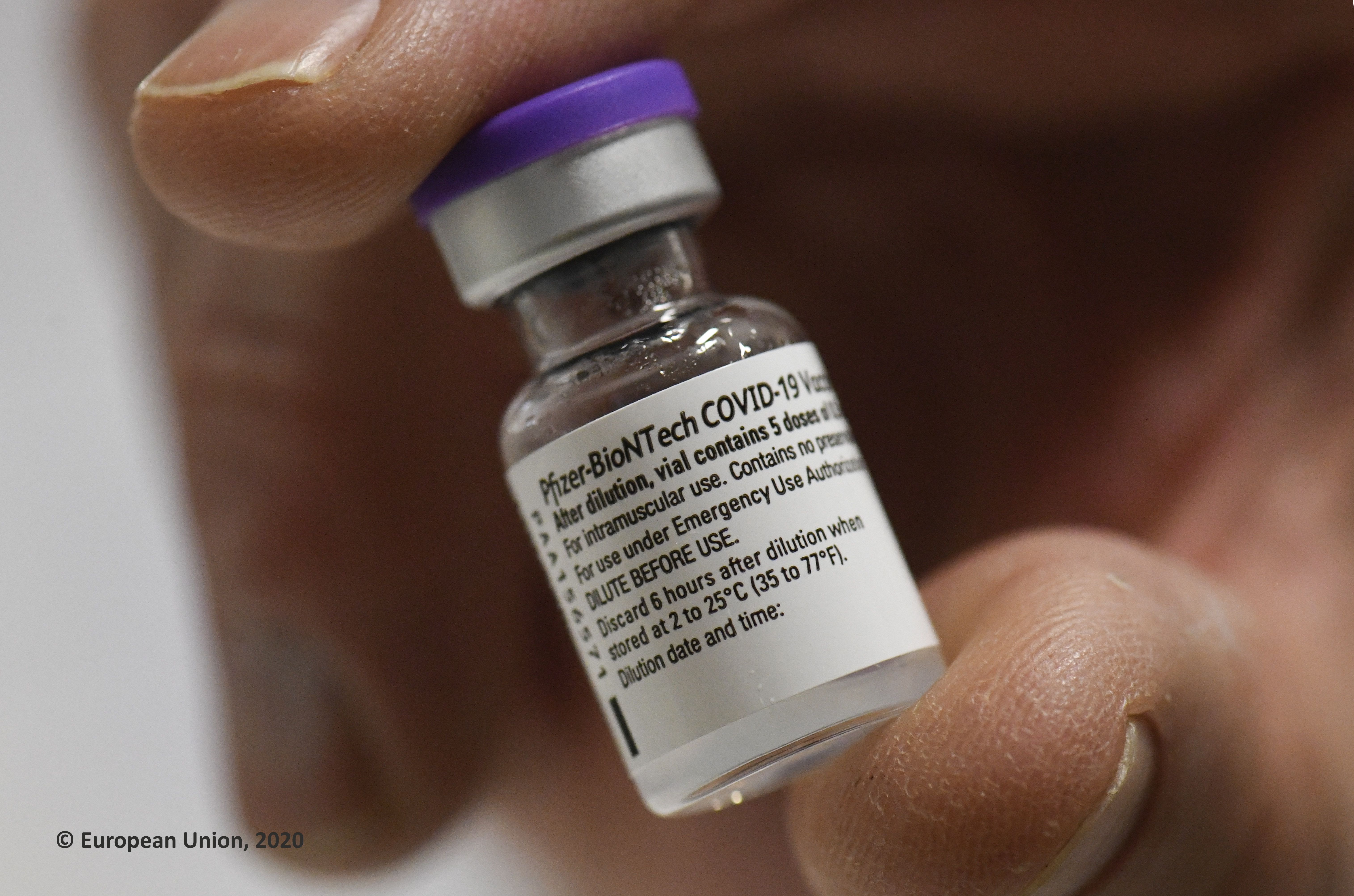Conditional marketing authorisation in Europe gives more certainty, nevertheless the company and EMA must hurry now // Important especially for children with pre-existing conditions // Off-label use also justified in very important cases
After an advisory panel of the US Food and Drug Administration (FDA) recommended an emergency approval for the vaccine of BioNTech/Pfizer for five to eleven year old children tonight, the health policy spokesman of the largest group in the European Parliament (EPP-Christian Democrats), MEP Peter Liese, urges a careful, but speedy review of the application for approval also at the European Medicines Agency. This is particularly important for children with pre-existing conditions. The EU's delay compared to the US is not only due to the European Medicines Agency, which Liese called on to work more quickly without compromising safety, but also to the company, which still has to submit additional data. "Unlike the US, there is a somewhat more extensive review process in the EU. The conditional marketing authorisation involves the examination of additional data on effects and side effects and more experts analyse the data. In addition, unlike in the US, the manufacturer is liable in the EU procedure. Especially in the case of children, it is important to ensure the greatest possible safety. Nevertheless, the procedure must not take too long now. A delay of a few weeks compared to the US can be justified by the additional safety, but the authorisation must definitely be granted this year if no serious problems are found," said the doctor and MEP.
Liese referred in particular to the risk for children with pre-existing conditions. "Children suffering from heart disease or chronic lung diseases such as cystic fibrosis urgently need vaccination protection in view of rising infection figures and open schools. In the case of high-risk children, such as those with Downs Syndrome, I believe that it is even justified for medical colleagues to administer the vaccination even to 5-11 year olds without the authorisation being granted. There is now sufficient information that the vaccine also protects children in this age group and the risk for children with Downs Syndrome to become severely ill in case of infection is huge," Liese concluded.


